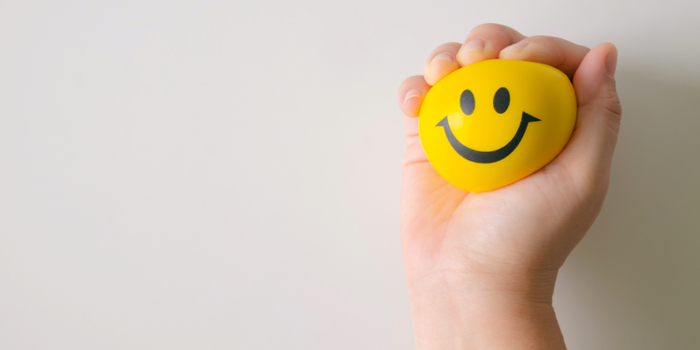No products in the cart.
Uncategorized
7 Ways to Minimise Anxiety During the Coronavirus Pandemic
There’s no denying that the pandemic that has been sweeping the globe is affecting us all. While most of our states and territories have contained the virus, there are still concerns of a second wave hitting Australia, particularly with the recent outbreak in Victoria. Older adults in particular may be concerned about the second wave as we have been informed that risk of severe illness from COVID-19 increases with age. As such, even older adults who are not typically anxious people may be feeling nervous as they fall into the high-risk category.
If you are feeling particularly anxious about COVID-19, don’t worry; you’re not alone. Feeling anxious is normal, particularly in uncertain and difficult times. In some cases, a bit of anxiety may even be useful, as it has been proven that people who are worried about the virus are more likely to do the things that are necessary to protect themselves and stop the virus from spreading further. However, sometimes anxiety can be overwhelming and start to affect your daily life. The following are some tips that may help to keep your anxiety under control if you feel like things are getting too much for you.
1. Know When to Turn Off the News
During the pandemic, news reports and social media feeds have been crammed with stories about COVID-19. While it’s important to understand what is going on with the pandemic and stay informed, it’s also important to know when to switch off. The more we read and hear about COVID-19, the more frightening it may become. Try to read the necessary information and watch relevant news programs to stay up-to-date then do other things that you enjoy and that take your mind off of it. This will help to minimise your levels of anxiety.
2. Be Informed
While this may seem to contradict the point above, it is important to be informed about how to best protect ourselves from the disease. Don’t obsess over media reports and stories on social media but do ensure you get access to necessary information. This is important as we are more likely to feel anxious about something that is out of our control, or that we don’t feel like we have the capacity or skills to cope with. Find trusted sources such as government websites that you can check regularly for the most up-to-date advice and information. This is the best place to find out more about the practical steps you can take to minimise your risk of contracting COVID-19.
3. Try to Minimise Negative Thoughts
Anxiety can make us focus on worst-case scenarios. But it’s important to remember that just because we’re worried about something, doesn’t mean it will happen. If you notice that you are worrying a lot about what might happen with COVID-19, try to take a step back and focus on the present.
4. Know the Behaviours that Fuel your Anxiety
Certain behaviours, such as Googling any symptoms you may have, are likely to fuel your anxiety about your health and cause panic. It’s important to be aware of these behaviours and understand how they make you feel. If they are causing more anxiety than relief, try to replace them with more helpful coping strategies.
5. Look After Yourself
Looking after your body will help to protect both your mental health and your immune system. Try to get enough sleep and eat well while avoiding smoking and excessive alcohol intake. Exercising regularly will also help reduce feelings of stress and anxiety at this time. If you are in a lockdown area or staying home to best protect yourself from the virus, there are a number of at-home exercise options available to you. Many fitness professionals are offering classes online and you can easily find guided classes for yoga, pilates, dance, aerobics, weight training and many more. If you are familiar with Brain Sparks programs, you’ll know that there are also a number of Ageless Grace® moves that can be done at home. Find out more about this at the Ageless Grace Australasia Facebook page.
6. Be Compassionate & Stay Connected
Helping other people can make us feel better about our own situation. We are most definitely all in this together, so even if you don’t have the capacity to practically help someone else, it’s important to be kind and compassionate to everyone at this time. This can be as simple as sharing thoughts and worries with other people and listening to theirs. This is a great way to relieve stress, so it’s particularly important to stay in touch at this time. Staying connected will also help reduce feelings of isolation and loneliness.
7. Seek Professional Advice
If you feel like you’re not coping and your feelings of anxiety are overwhelming, it’s important to seek professional help. If you don’t want to leave your house, you will be able to access some health services and psychological therapies online, or on the phone.
Remember that anxiety is completely normal and for most people, will be a temporary feeling. The above are some guidelines and information that may help you. We know that this is an extremely difficult time for many people, and want to remind you that there is help and support available to you from a number of organisations across Australia. We hope you are keeping safe and well at this time.


